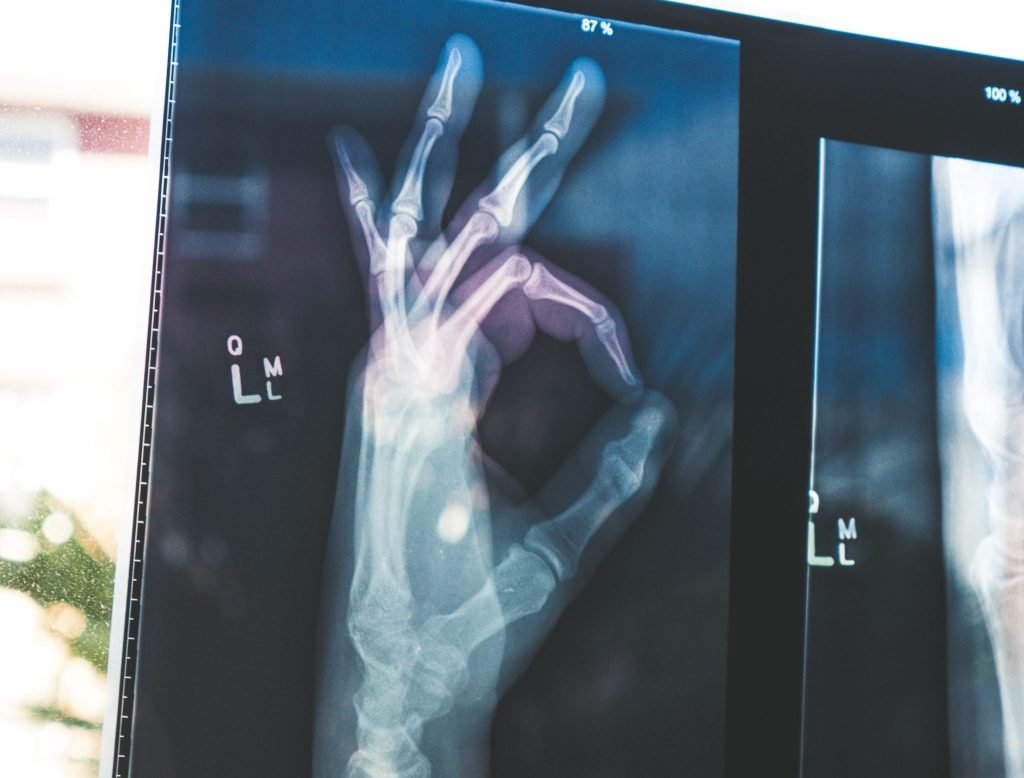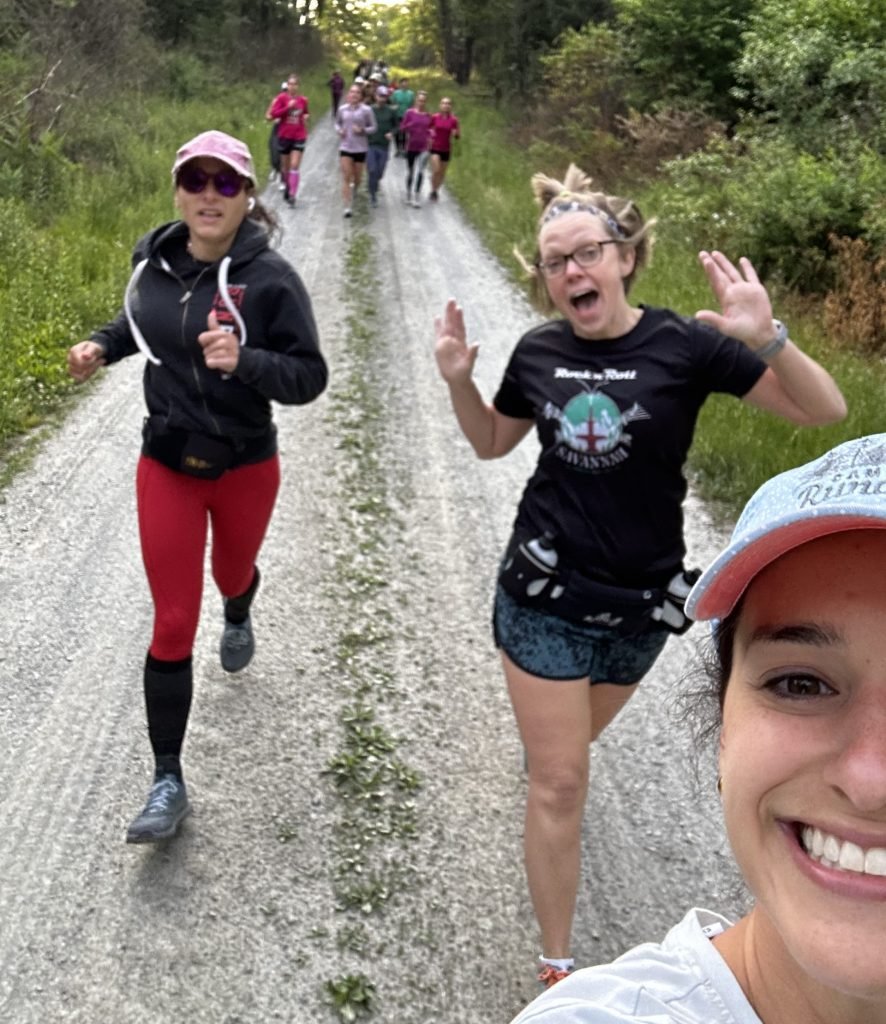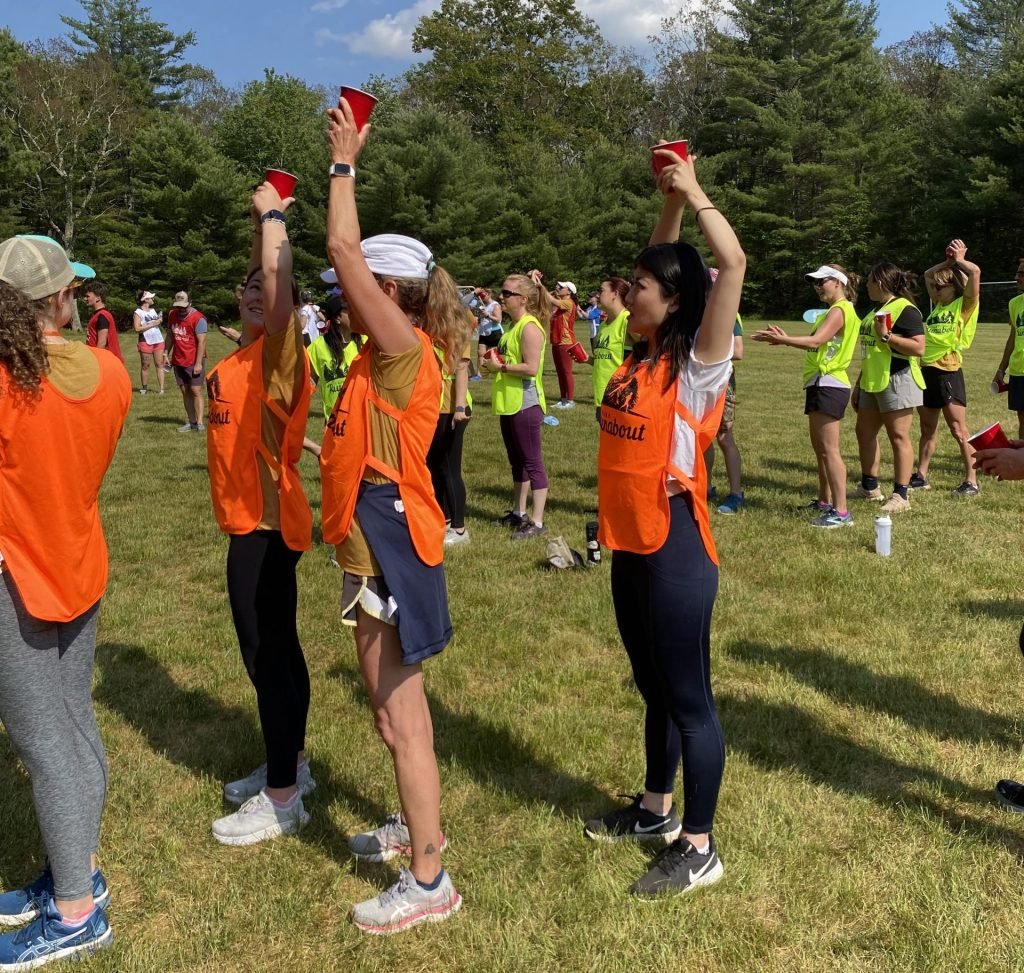Mental Health IS health. I’ve always said that, because it’s the truth.
We can’t separate the two. Just like physical health IS health, mental health is health. I could actually argue that mental health might be even more so, since every single function in our body stems from our brain.
Our brains control our or organs, our cells, our breathing, the levels of our oxygen and our carbon dioxide in our bodies; basically our brains control our life, survival, and death, and the way we experience it all. Happy, sad, angry, fear, disgust- any of these core basic emotions, our brains send out the signal for it, our body registers it, and then we feel a certain type of way.
Everything stems from our brain, and mental health and physical health are absolutely related, in fact, pretty much inseparable. Our minds and bodies are connected. If you have problems with one, you’re likely to have problems with the other. Mental health conditions like anxiety or depression can cause physical ailments such as headaches, fatigue, digestive problems, insomnia, restlessness, just to name a few.
Research shows that the lifespan of people with severe mental illness is shorter compared to the general population. This excess mortality is mainly due to physical illness. (1) Individuals with mental health problems are more likely to have serious preventable physical health problems, such as diabetes, heart disease, stroke, high blood pressure, high heart rate, high cholesterol, gastrointestinal issues, weakened immune system, premature death.
So as you can see, our bodies and minds are not separate. That is also really great news, because one of the best ways to improve our mental health is to take care of our bodies, and one of the most efficient ways to do that is to stay physically active. Studies show that exercise can treat mild to moderate depression as effectively as antidepressant medication—but without the side-effects. A recent study done by the Harvard T.H. Chan School of Public Health found that running for 15 minutes a day or walking for an hour reduces the risk of major depression by 26%. (2)
In addition to relieving depression symptoms, research also shows that maintaining an exercise schedule can prevent you from relapsing. In a review of over 1,000 studies conducted over the last thirty years, findings were overwhelmingly positive. Out of 1,158 studies examined, 89% found a statistically significant, positive association between physical activity or exercise and mental health (3). This review found statistically significant and beneficial links between physical activity and depression, anxiety, mood, mental health, quality of life, stress, and overall well-being,

It’s not just the type of exercise, though … research shows that the benefits are most apparent when the intensity of the exercise is moderate to vigorous. Running is often one of the most celebrated exercises for improving mental well being.
Who said you can’t run away from your problems, right?
Research shows that the most health benefits of exercise- both mental and physical- is apparent when intensity is moderate to vigorous, occurs several times per week, and engages in a combination of aerobic and resistance training, and includes mindfulness-based activities like yoga, Tai Chi, Qigong, or meditation.
Physical exercise has also been found to alleviate symptoms such as low self-esteem and social withdrawal. This is important, because social health is a big part also of what is known as the health triangle. We have physical health, mental health, and social health.

One study conducted by the University of Michigan suggested that children who participated in team sports learned to be more empathetic towards others. Furthermore, there was a direct correlation between the students who exercised the most and both leadership skills and empathetic behavior. Most surprisingly, perhaps, is the fact that these same children tended to treat themselves better and adopted healthy lifelong habits.
Another study conducted by the University of Minnesota found that not only did physically active adults spend more time with other people and have more friends, but they also experienced better mental health. (5)

This summer, I had the pleasure of personally experiencing all of this at Camp Runabout, an adult running camp that puts you back into the nostalgia of being a kid.
Before the pandemic, when I lived in California, I had access to running and hiking outdoors in nature every day. It was a part of my daily routine. However, the pandemic made me complacent to spending days without exercising; especially since I moved out to the east coast- where the weather can be brutal for half of the year. I have never been a morning runner, but every day at the camp, we had the option to get picked up by a shuttle and go for a run while socializing with others. I came back so inspired by it that I re-joined a gym that week!
When I was a kid, I missed out on the normal American childhood experience, so I never got to do camp activities. For the first time in my life, I got to do the things I had always heard about- team olympics, hopping in a potato sack, even a beer run!

Camps like Camp Runabout are a great way to get into the swing of combining exercise and socialization for both mental and physical health.
So to recap, mental health IS health and affects everything we do. There are a lot of ways to improve our mental health, and exercise, particularly moderate to vigorous exercise, is one of the most beneficial ways. Exercise should be combined with strength training and mindfulness practices.
There’s the Mental Health Triangle: Our emotional, psychological, and social well being, and there’s the Health Triangle: physical health, mental health, and social health. All of that goes into self care.

~ Serena Sun is the founder and CEO of Breaking Taboo. Her background is in psychology, music, film, and literature. After loosing friends to suicide and addiction, she has dedicated her time to advancing mental health education for as many people as possible in hopes that more lives can be saved.
References
(1) National Library of Medicine, National Center for Biotechnology Information, World Psychiatry. 2011 Feb; 10(1): 52–77
https://www.ncbi.nlm.nih.gov/pmc/articles/PMC3048500/
(2) Harvard Health Publishing: Harvard Medical School, May 1 2019, MIND & MOOD:More evidence that exercise can boost mood,
https://www.health.harvard.edu/mind-and-mood/more-evidence-that-exercise-can-boost-mood
(3) HRSA: Global Health & Fitness Association, New Report: Exercise Plays Key Role in Mental Health & Well-being, Alexandra Black Larcom, July 14, 2021,
(4) Effects of Exercise Training on Older Patients With Major Depression, James A. Blumenthal, PhD; Michael A. Babyak, PhD; Kathleen A. Moore, PhD; et al, October 25, 1999,
https://jamanetwork.com/journals/jamainternalmedicine/fullarticle/485159
(5) The Relationship Between Socialization & Physical Activity, John Hamilton,
https://study.com/academy/lesson/the-relationship-between-socialization-physical-activity.html

